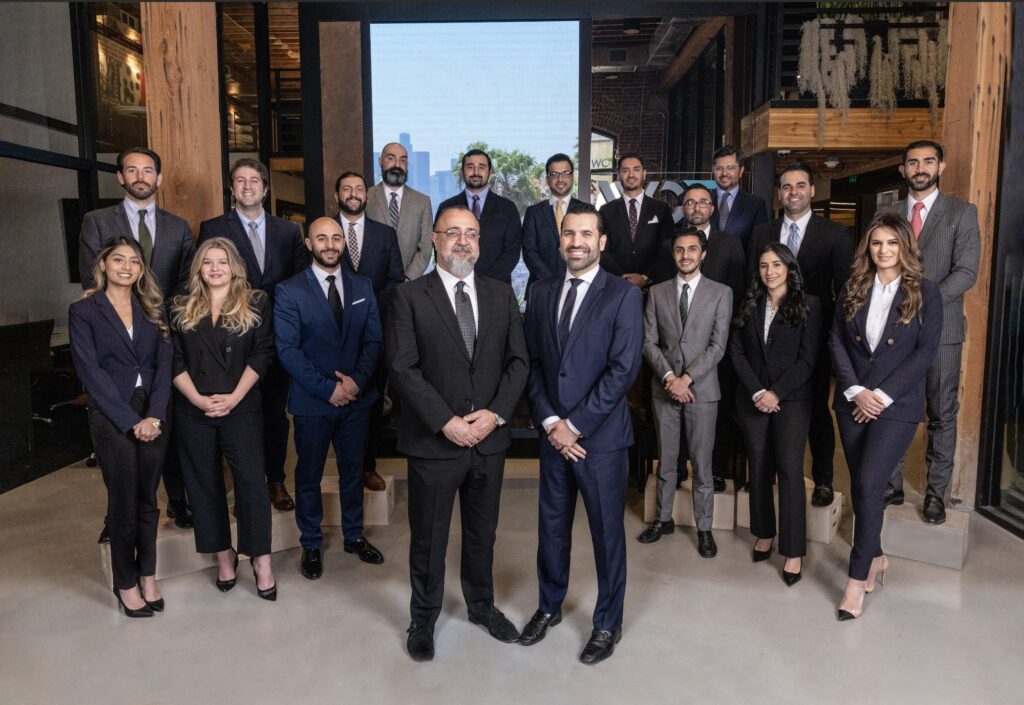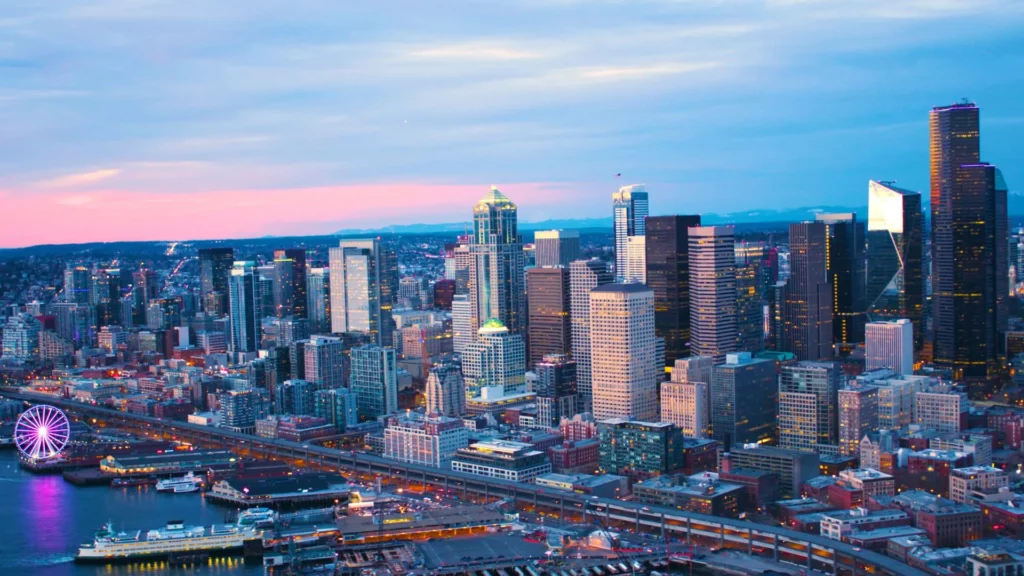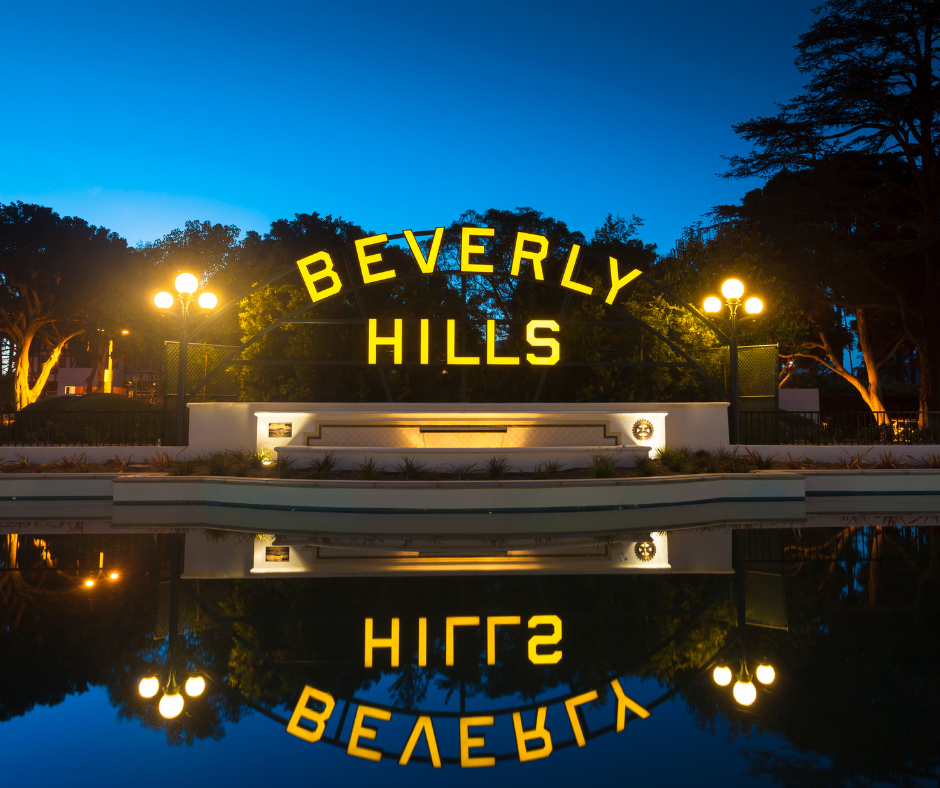Nevada’s premises liability laws are enforced to protect visitors from entering hazardous conditions that can put themselves in danger. Property owners who detect foreseeable harm will need to approach the issue in a timely manner or at least notify others about it to prevent any injuries from occurring on the premises. If none of these are considered, one or more guests may fall victim to serious bodily harm.
A premises liability lawsuit can be filed against the property owner to recover compensation. To ensure you submit a well-constructed claim, it is best to seek legal assistance from a personal injury law firm, like West Coast Trial Lawyers.
Our Nevada premises liability attorneys have over 20 years of experience handling personal injury cases and have a successful track record of delivering client satisfaction. Due to our ongoing achievements, we are confident that we will provide quality services that will meet your legal needs.
We run on a contingency-fee basis, meaning that you owe us nothing until we settle your case. To schedule a free consultation, we welcome you to reach out to us by calling (213) 927-3700 or finishing our easy online contact form.
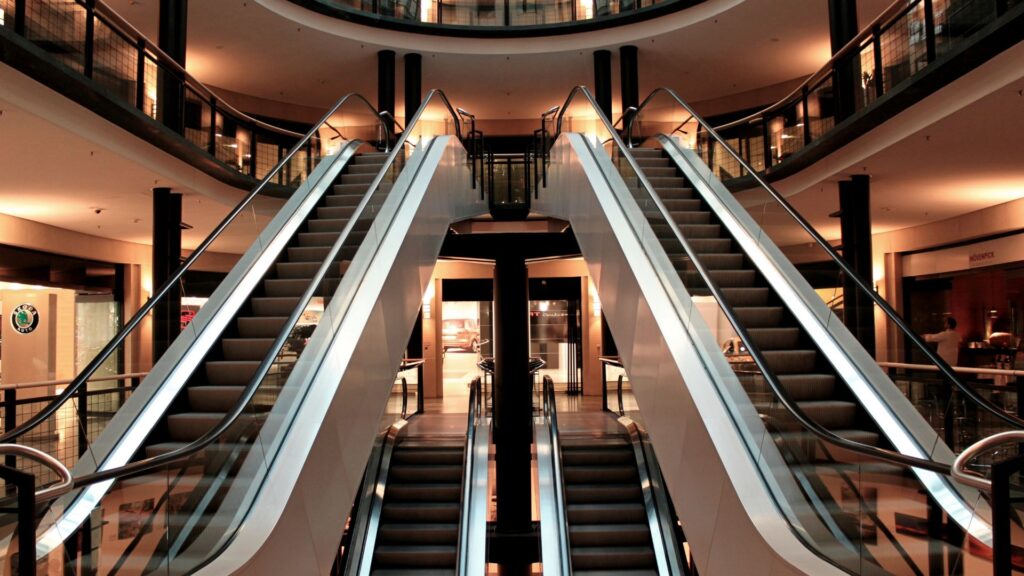
Common Premises Liability Cases in Nevada
A premises liability case can range from various factors, from slip and fall accidents to negligent security. Below, we will discuss each type and how they occur.
Slip and Fall Accidents
Slip and fall accidents are likely to occur when a property is filled with hazards, such as:
- Defective staircases
- Slippery surfaces
- Damaged flooring
If dangerous conditions are present in the area, the property owner will need to resolve the issue in a reasonable time frame or let visitors know about it to prevent anyone from getting harmed. Failing to do this could result in bodily damage, meaning that the property owner may face legal repercussions as a result of their negligence. Punishments will vary based on the severity of the injury.
Dog Bites
Dog bites can happen when you least expect it to. Some of the following reasons for a canine to feel compelled to harm a visitor include the following:
- It is intimidated by a person’s presence
- It is protecting its food or owner
- It is being teased or provoked into attacking
Since Nevada follows the “one bite rule,” liability will not be put on the dog owner if the animal has bitten someone for the first time. However, if attacks have occurred on a frequent basis, the dog will be classified as either dangerous or vicious.
If the dog owner is aware of their pet’s aggressive history, they will need to take preventative measures to ensure it does not bite any visitors that enter the premises. This includes putting warning signs around the area to let others know about its hostile behavior.
To learn whether you can sue a dog owner in a premises liability case, you can reach out to West Coast Trial Lawyers and schedule a free consultation with one of our top-rated Nevada premises liability lawyers. We will evaluate the situation and determine whether you should move forward with the filing process.
Swimming Pool Accidents
Swimming pool owners, whether public or private, are required to maintain a secure environment to ensure no visitors are harmed when on the premises.
A public or private pool owner will face legal consequences if either of the following factors contributed to one or more injuries:
- Defective equipment
- Lack of supervision
- Inadequate warning signs
Accountability may also be administered to pool owners if trespassers, particularly children, are harmed under the attractive nuisance doctrine.
Under this principle, property owners are required to take special precautions with hazards that may seem appealing to children, like swimming pools. If they do not cover or hide it from being seen, it could influence a child to enter the premises and occupy the pool area without any supervision. This, in turn, may put a child at risk of sustaining a serious or fatal injury.
Negligent Security
Property owners should have adequate security surrounding the premises to combat crimes and violent acts. Neglecting such a responsibility can result in one or more injuries. Given the circumstance, victims can sue the property owner or the tenant of the property for failing to prevent foreseeable crimes from occurring.
Types of Visitors
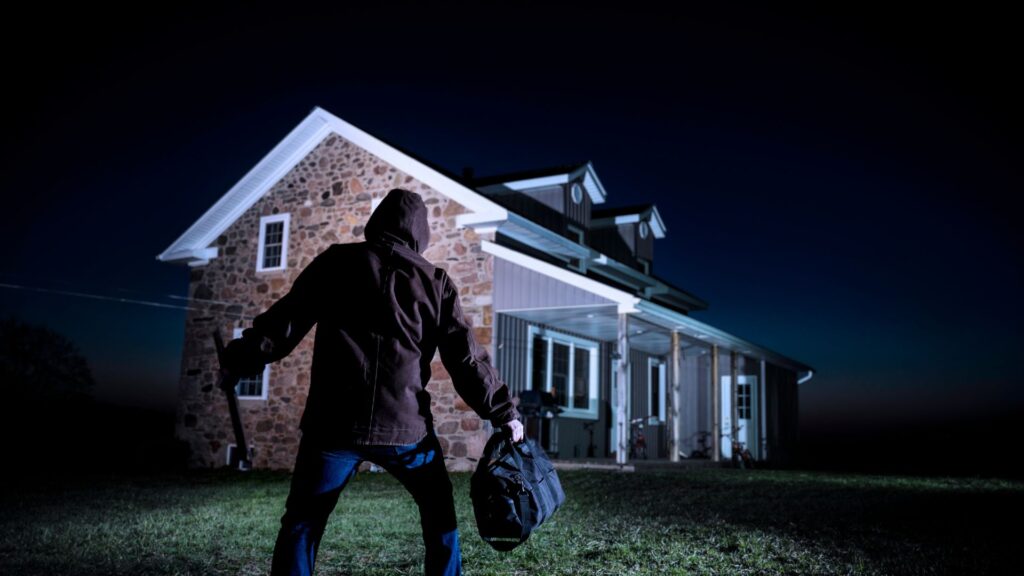
The types of visitors on a property usually involve three categories: invitees, licensees, and trespassers. In the sections below, we will go over each one and what level of duty of care should be owed to them.
Invitees
An invitee is someone who is welcomed onto another person’s property. Some examples include:
- Guests attending a gathering
- Shoppers purchasing food at a grocery store
Property owners are required to provide the highest duty of care to an invitee by maintaining reasonably safe conditions throughout the premises. If hazards could not be resolved prior to an invitee showing up to the property owner’s home or facility, warning signs should be placed near the affected area.
Licensees
A licensee is an individual or entity that is given legal permission to enter someone else’s property and conduct activities by using something that is owned or controlled by another party. This can include:
- Service providers entering the premises to fulfill work-related duties
- Delivery drivers dropping off packages that the property owner ordered
Licensees are also given a duty of care, but to a lesser degree compared to invitees.
Trespassers
A trespasser is someone who steps foot onto private property without getting permission to do so or remaining on the premises even after being told to leave. They are typically given the lowest duty of care. Examples of trespassers include:
- Burglars
- Thieves
- Vandals
What to Do in a Premises Liability Case
If you were injured due to hazardous conditions while on public property or lawfully on private property, you should consider following the steps sectioned below to better your chances of submitting a strong claim against the at fault party.
Report the Incident
You should notify the property owner or manager about the incident. Be sure to provide specific details about what happened, and try to include the date and time of when it occurred.
Gather Evidence
Try to get as much evidence as you can. This includes:
- Photographs of your injury and where the incident occurred
- Witness information
- A copy of your medical records pertaining to the injury you sustained
- A copy of the incident report
Seek Medical Attention
Be sure to get medical care for any injuries you endured after the accident. Your doctor visits, prescriptions, and/or procedures will all be documented and saved on file. You can request a copy of your health records to use in your premises liability claim.
Hire a Nevada Premises Liability Lawyer
To better your chances of winning a fair settlement, you should seek legal assistance from a personal injury law firm, like West Coast Trial Lawyers. Our experienced Nevada premises liability lawyers will create a personalized approach against the opposing side to ensure you receive favorable results.
Who Can Be Held Liable in a Premises Liability Lawsuit?

Liability in a premises liability lawsuit will vary based on the circumstances involved. Potential defendants that can be held accountable include the following:
- Property owner
- Business owner
- Tenants
- Government entities
To identify the at fault party, you can reach out to West Coast Trial Lawyers and schedule a free case evaluation with one of our top-rated Nevada premises liability attorneys.
We will identify who should hold accountability for the incident and will guide you through the filing process to ensure you submit a convincing claim and get maximum compensation.
How Long Do I Have to File a Premises Liability Claim in Nevada?
In Nevada, premises liability claims need to be submitted within two years from the date of when the event occurred. If you fail to file a lawsuit before the deadline, you will no longer be granted the opportunity to recover compensation.
What Damages Are Available in a Nevada Premises Liability Case?
Available damages in a Nevada premises liability case will depend on what factors are involved in your situation. Generally, economic damages and non-economic damages are granted.
Economic Damages
Economic damages are financial costs you incurred after getting injured while on someone else’s property, like:
- Medical bills
- Lost wages
- Property damage
Non-Economic Damages
Non-economic damages are intangible losses you suffered, such as:
- Emotional distress
- Loss of enjoyment of life
- Pain and suffering
Our Nevada Premises Liability Attorneys Are Here to Help
If you suffered bodily harm while on public property or lawfully on private property, you may be entitled to take legal action against the individual or entity who maintains and controls the area. At West Coast Trial Lawyers, our skilled Nevada premises liability attorneys will fight tirelessly to ensure you are granted the compensation you deserve for your losses.
To schedule a free consultation, you can get in touch with our 24/7 legal team by calling (213) 927-3700 or completing our quick online contact form.
